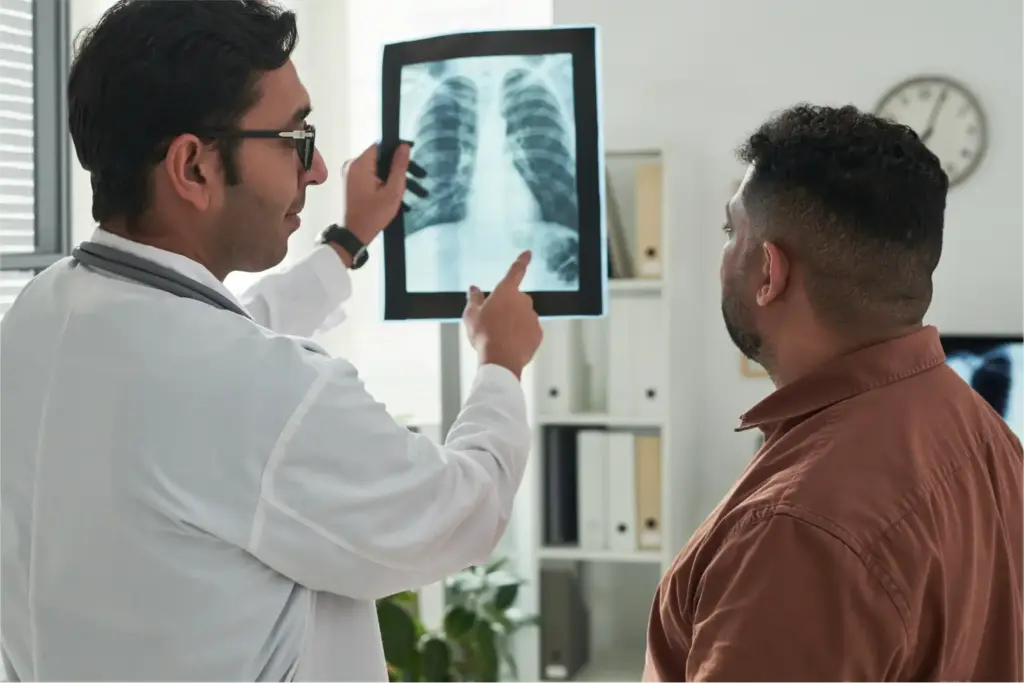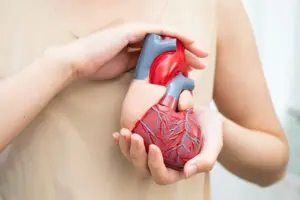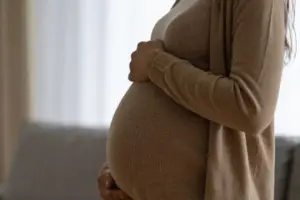
WHO and tuberculosis: In a major shift to global tuberculosis (TB) policy, the World Health Organization (WHO) has for the first time recommended food assistance for household contacts of TB patients in food-insecure settings, acknowledging that medicines alone cannot break transmission without addressing malnutrition.
The new advice, published in WHO’s consolidated guidelines on TB and undernutrition in October 2025, expands earlier guidance that focused on nutrition screening, counselling and supplementation. WHO now urges national programmes to pair clinical care and social protection with direct food aid for at-risk families, reflecting evidence that undernutrition weakens immunity, slows recovery and increases relapse and spread.
Also Read | WHO updates TB guidance after Indian study links nutrition to lower risk
The change is underpinned by the RATIONS trial from India, a multicentre field study led from Mangaluru, which found a 48% reduction in new pulmonary TB among household contacts who received monthly food baskets and micronutrients compared with standard care. The study also linked better nutritional status in patients to improved survival and treatment outcomes.
Under the updated guidance, countries are advised to provide universal nutrition screening and counselling for all people with TB and their household contacts; deliver nutrition interventions to TB patients with undernutrition regardless of age or drug-resistance status; and, crucially, extend food assistance to household contacts where food insecurity is present. WHO is preparing an operational handbook to support implementation.
Turning policy into practice will require fresh financing, cross-sector coordination with food security and social welfare agencies, careful targeting to reach food-insecure households, and new indicators to track uptake, nutrition gains and TB incidence among contacts.
For India, which already runs the Nikshay Poshan Yojana cash-transfer scheme for TB patients, the guidance offers a pathway to extend support to families and accelerate progress under the National TB Elimination Programme. High-burden countries across Africa, Southeast Asia and Latin America may benefit from similar household-level measures where food insecurity is entrenched.
Public-health experts say the update marks an inflection point: tackling social determinants is now embedded in the TB response, not an add-on. If scaled effectively, the integrated model could reduce incidence, improve outcomes and advance health equity in communities most affected by poverty and hunger.








